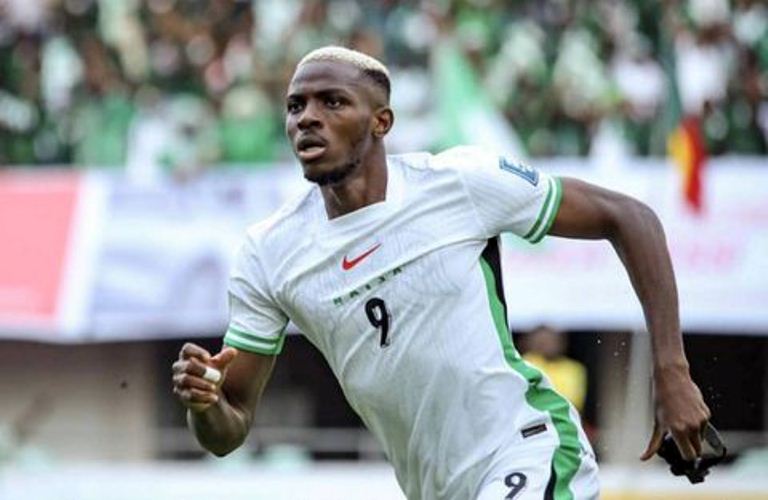
By Mark Ogagan
Nigeria’s House of Representatives on Tuesday rejected a bill seeking to amend the 1999 Constitution to mandate the rotation of the offices of the president and vice president among Nigeria’s six geopolitical zones.
Also thrown out was another controversial bill aimed at stripping the Independent National Electoral Commission (INEC) of its constitutional power to register and regulate political parties.
The rotational presidency bill was sponsored by Deputy Speaker Benjamin Okezie Kalu (Pictured), while the INEC-related bill was jointly sponsored by Speaker Abbas Tajudeen and Hon Francis E. Waive.
the INEC-related bill was jointly sponsored by Speaker Abbas Tajudeen and Hon Francis E. Waive.
The bill titled, A Bill for an Act to Alter the Constitution of the Federal Republic of Nigeria, Cap. C23, Laws of the Federation of Nigeria, 2004 to Provide for the Principle of Rotation of the Offices of the President and the Vice President of the Federal Republic of Nigeria among the Six Geopolitical Zones of the Country, Namely: North Central, North East, North West, South East, South South, and South West and for Related Matters (HB. 2291), was one of seven constitutional amendment proposals listed for second reading on the day’s Order Paper.
However, the proposal was rejected following an extensive debate marked by sharply contrasting views on its implications for national unity, meritocracy, and federalism.
While advocates of the bill said it would foster inclusivity and ensure equitable access to power across the regions, opponents warned it could fuel ethnic rivalry, deepen division, and limit the emergence of competent leaders.
Deputy Speaker Kalu, who presided over the plenary, defended the bill, saying the intention was to ensure that all parts of the country had a fair shot at occupying the highest offices in the land.
He argued that rotational presidency would promote national cohesion and address long-standing complaints of marginalisation, especially from zones like the South East, which have yet to produce a president since Nigeria’s return to civilian rule in 1999.











Discussion about this post